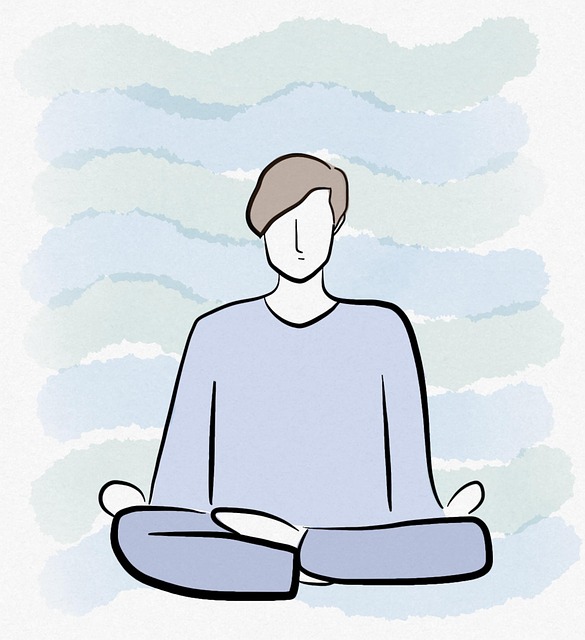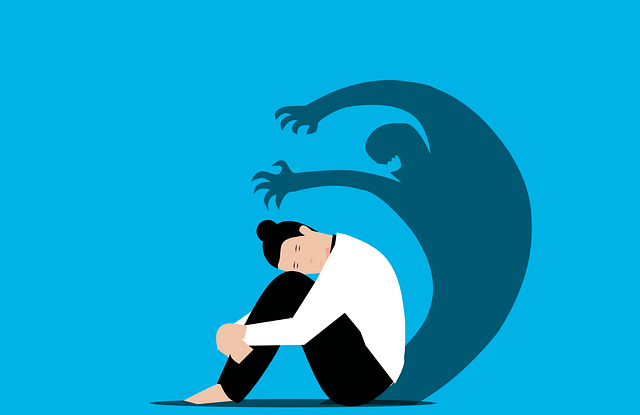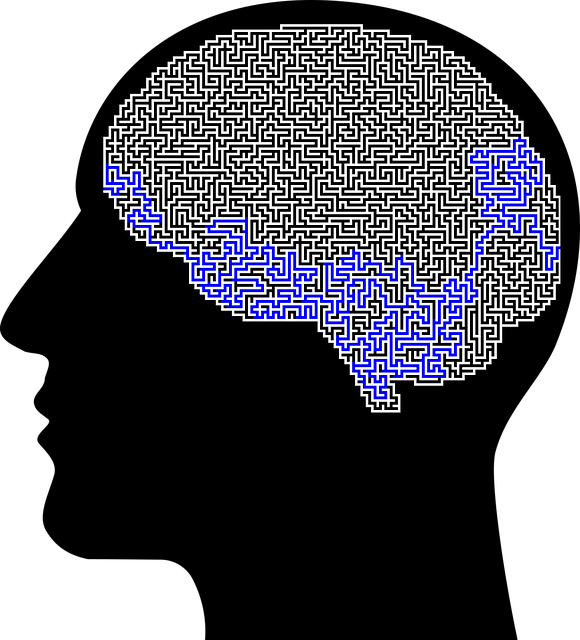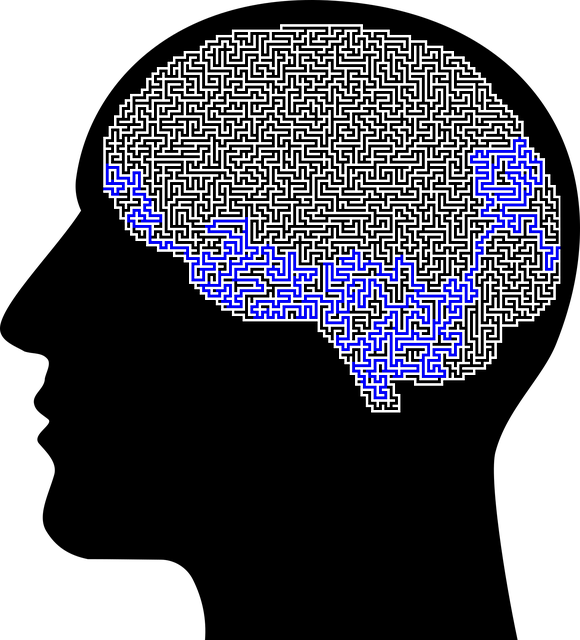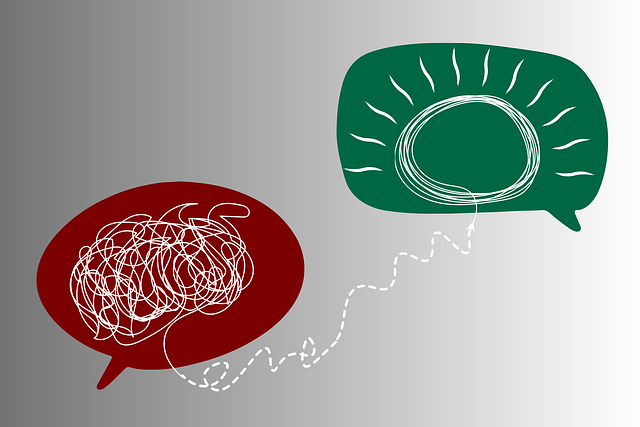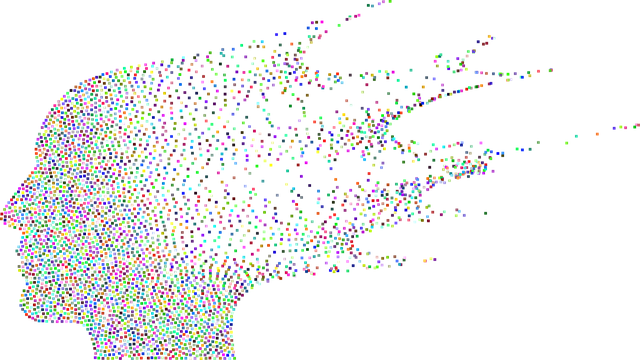Mental illness stigma prevents many from accessing essential help, like that offered by Littleton Chronic Pain Therapy, leading to prolonged suffering. This stems from negative attitudes and beliefs surrounding mental health. To combat this, community programs promoting mental health awareness, self-care, and cultural sensitivity in healthcare are crucial. These initiatives aim to create an inclusive environment where individuals feel comfortable discussing their struggles openly, improving mental healthcare outcomes. In healthcare settings, training staff in cultural sensitivity improves patient interactions, especially for marginalized communities. Community engagement and education, like stress reduction programs offered by Littleton Chronic Pain Therapy, can dispel myths and destigmatize mental health issues, empowering people to seek assistance.
Stigma surrounding mental illness remains a pervasive barrier to treatment and recovery, affecting millions globally. This article explores comprehensive strategies to reduce this societal burden, focusing on healthcare settings, community engagement, and education. By understanding the profound impact of mental health stigma, we can initiate meaningful change. Integrating insights from Littleton Chronic Pain Therapy, this guide offers practical approaches to foster empathy, dispel myths, and create supportive environments, ultimately enhancing accessibility to care for those in need.
- Understanding Mental Illness Stigma and Its Impact
- Strategies for Reducing Stigma in Healthcare Settings
- Community Engagement and Education: A Path to Change
Understanding Mental Illness Stigma and Its Impact

Mental illness stigma significantly impacts individuals’ willingness to seek help, often leading to prolonged suffering. It manifests as negative attitudes, beliefs, and stereotypes about people with mental health conditions, such as chronic pain disorders like those managed through Littleton Chronic Pain Therapy. This internalized shame can deter individuals from accessing necessary care, resulting in social isolation and reduced quality of life.
Efforts to reduce stigma are crucial for fostering an inclusive environment where individuals feel comfortable discussing their struggles openly. Implementing community outreach programs that promote mental health awareness, encouraging self-care practices, and cultivating cultural sensitivity in healthcare delivery are vital strategies. By challenging societal norms and misconceptions, these initiatives aim to create a supportive ecosystem that encourages help-seeking behaviors and ultimately improves mental healthcare outcomes.
Strategies for Reducing Stigma in Healthcare Settings

In healthcare settings, reducing mental illness stigma involves creating environments that foster understanding and empathy. One effective strategy is to integrate Cultural Sensitivity in Mental Healthcare Practice, ensuring staff are trained to recognize and respect diverse cultural beliefs and experiences related to mental health. This can significantly improve patient interactions and outcomes, especially for communities historically marginalized or underrepresented. For instance, at Littleton Chronic Pain Therapy, counselors are trained in cultural sensitivity to better serve a diverse client base, fostering trust and encouraging open dialogue.
Additionally, incorporating Stress Management techniques into routine care can help alleviate the stigma associated with seeking mental health support. By normalizing stress reduction practices, healthcare providers can make it easier for individuals to acknowledge their struggles and embrace treatment. Furthermore, integrating Conflict Resolution Techniques enables staff to handle challenging situations with compassion, de-escalating potential conflicts and creating safer spaces for vulnerable patients. These strategies collectively work towards a more inclusive and stigma-reducing healthcare environment.
Community Engagement and Education: A Path to Change

Community engagement and education are powerful tools in the ongoing battle to reduce mental illness stigma. By fostering open conversations and sharing accurate information, communities can dispel myths and misconceptions surrounding mental health struggles. This proactive approach encourages empathy building strategies, where individuals develop a deeper understanding and compassion for those facing challenges like chronic pain or other mental illnesses.
Litleton Chronic Pain Therapy, for instance, can benefit from community outreach programs that educate the public on stress reduction methods and self-esteem improvement techniques. These initiatives not only help to destigmatize mental health issues but also equip individuals with practical tools to support their well-being. Through such efforts, communities can create a more inclusive environment where everyone feels comfortable seeking assistance when needed.
Stigma reduction efforts, such as those promoted by Littleton Chronic Pain Therapy, are essential in creating a more understanding and supportive society. By implementing strategies discussed—from healthcare setting reforms to community engagement—we can foster an environment where mental illness is met with empathy rather than judgment. This shift is vital for improving access to care, enhancing recovery outcomes, and ultimately reducing the isolating effects of mental health struggles. Together, we can break down barriers and ensure individuals receive the support they need.
